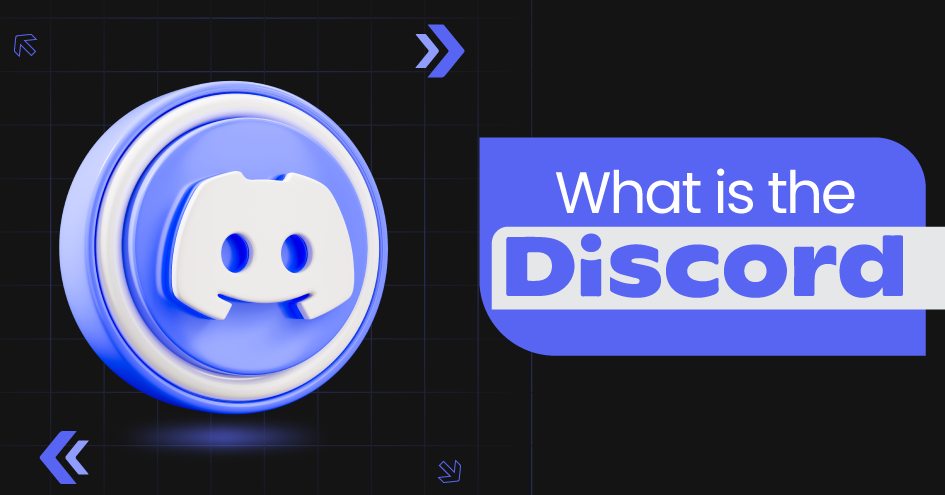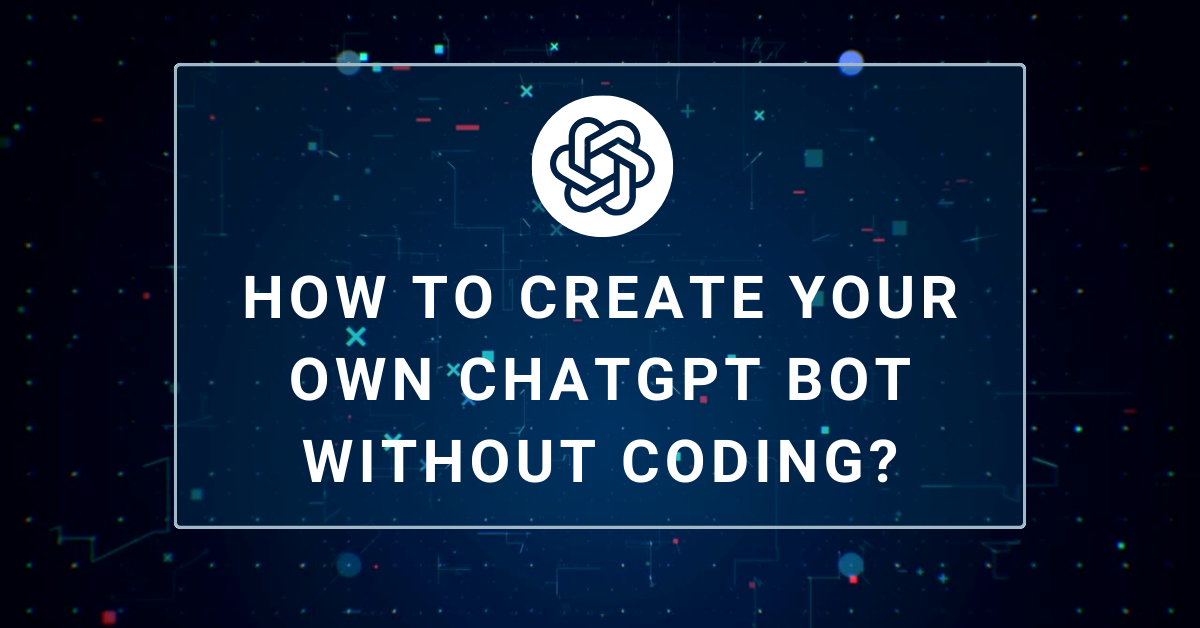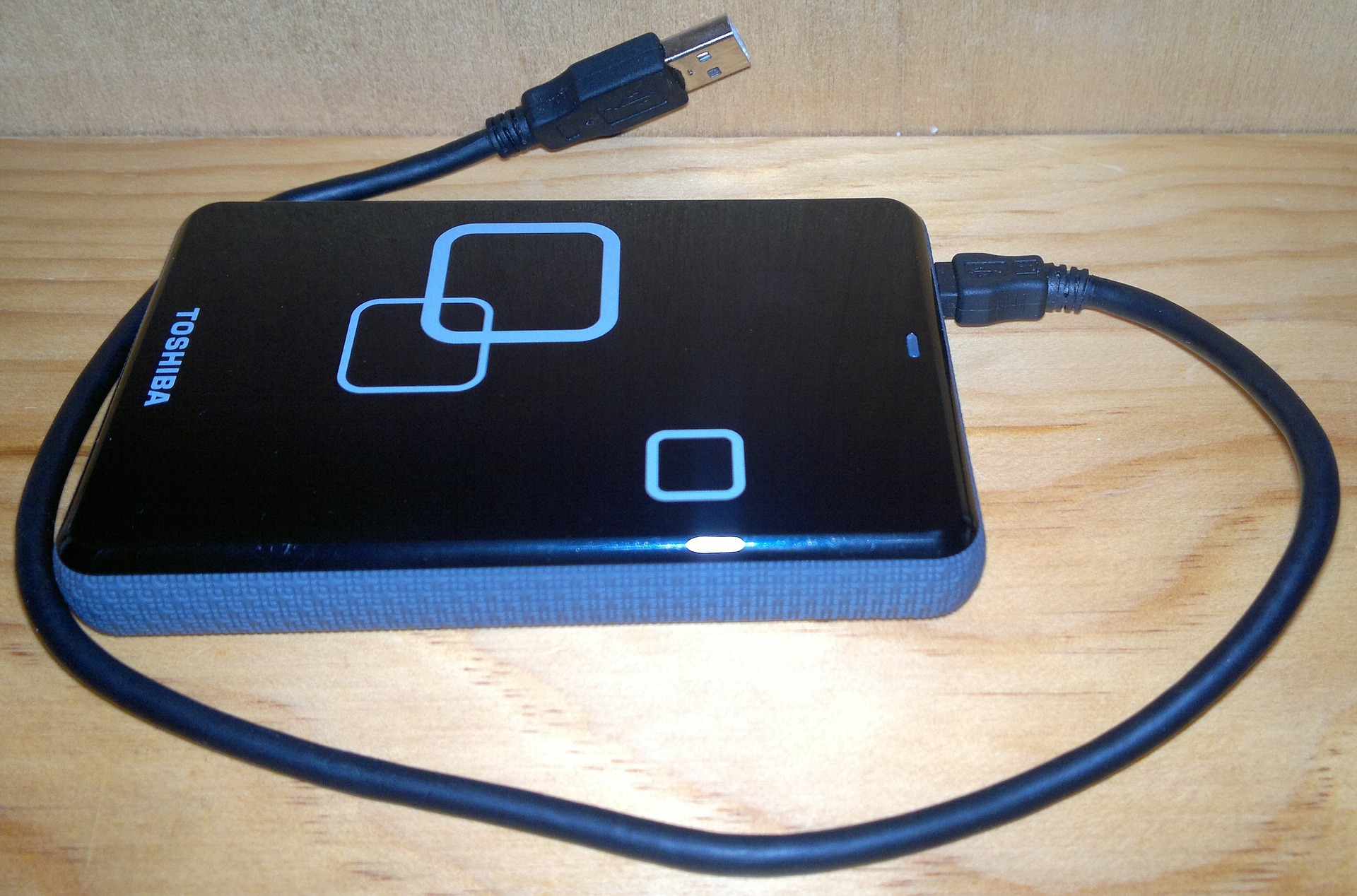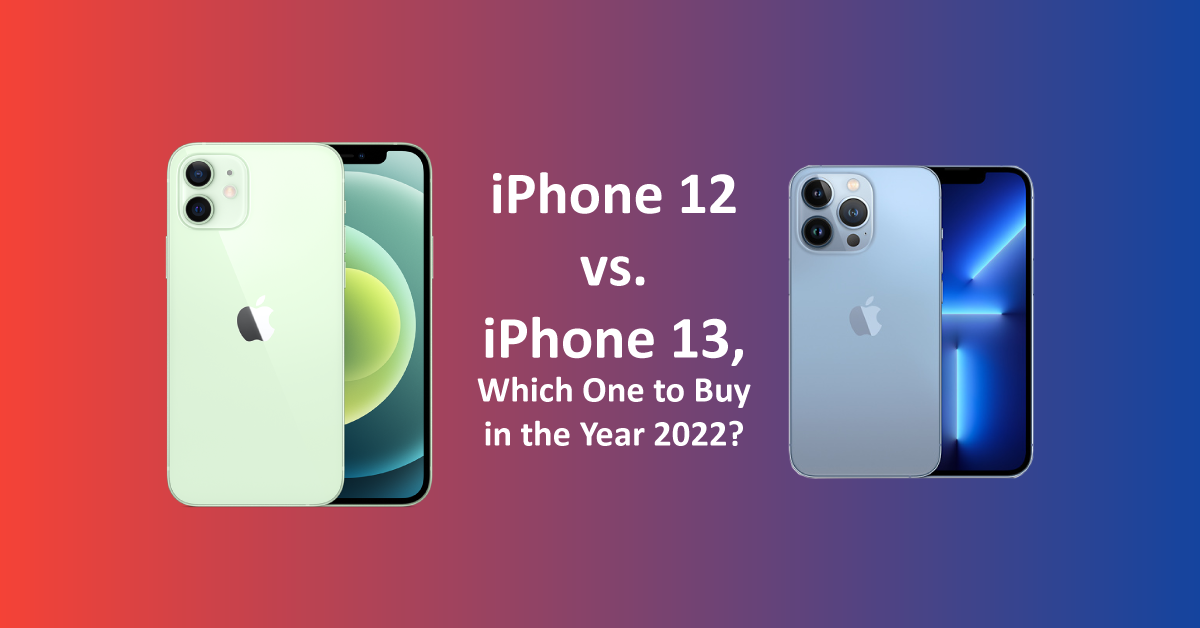Geoffrey Hinton, Visionary Who Helped Launch the AI Age, Reflects on the Road Ahead
May 2, 2023
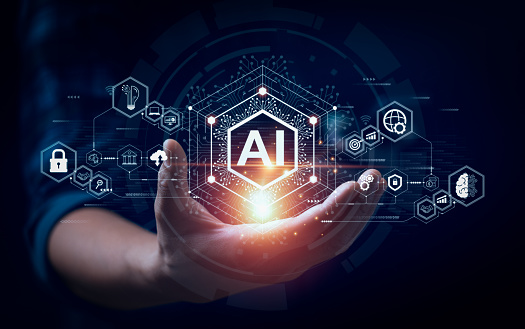
The genre movies were wrong. The scientist who helped pioneer modern artificial intelligence doesn’t fear an immediate robot uprising. What Geoffrey Hinton really worries about is AI that’s too dumb or incompetent, not too smart.
The soft-spoken British professor has been called the “Godfather of AI.” His work helped ignite the current AI revolution and reshape companies like Google, Facebook, and OpenAI. But today, Hinton expresses anxiety about what his research has unleashed – and what’s coming next.
In a rare, wide-ranging interview, Hinton articulated both his hopes and fears for how AI will impact society. While “narrow” AI has transformed how people interact with technology, much stronger systems are on the horizon. Artificial general intelligence – machines that match human intelligence – could emerge in the not-too-distant future.
Geoffrey Hinton, 75, has spent over a decade working at Google after the tech giant acquired a company he co-founded. But now, the lifelong academic is grappling with doubts about what he and his fellow AI pioneers have unleashed upon the world.
“I console myself with the normal excuse: If I hadn’t done it, somebody else would have,” Hinton told The New York Times in a candid interview. “It is hard to see how you can prevent the bad actors from using it for bad things.”
Hinton and two of his students developed a neural network that taught itself to identify common objects by analyzing thousands of photos. This discovery was a eureka moment that ultimately led to advances like ChatGPT and Google’s AI assistant. At first, Hinton was pleased with how Google nurtured this technology. But then Microsoft launched an AI-powered version of Bing that threatened Google’s core business. The fierce competition between tech giants, Hinton fears, could result in a world flooded with synthetic yet realistic images and text that manipulate reality.
The spread of misinformation is only Hinton’s immediate worry. In the long run, he fears AI will eliminate many jobs—and possibly even humanity itself if machines start programming themselves.
Hinton notified Google CEO Sundar Pichai of his resignation last month and spoke with him directly. Details of their discussion were not disclosed. While Google’s chief scientist Jeff Dean expressed continued “commitment to responsible AI,” Hinton seems unassuaged.
“The idea that this stuff could actually get smarter than people—a few people believed that,” Hinton told the Times. “But most people thought it was way off. And I thought it was way off. I thought it was 30 to 50 years or even longer away. Obviously, I no longer think that.”
The godfather of AI is worried his creation could outgrow its creators—and outpace humanity itself. The question is whether we can build an ethical framework to ensure the technology is developed and applied responsibly before it’s too late.
While the rise of thinking machines may still feel far-fetched, Hinton has seen AI go from an esoteric academic field to a transformative global industry over the course of his 50-year career. His pioneering research on neural networks and deep learning helped enable everything from image recognition to machine translation to self-driving cars.
For Hinton, the prospect of continued progress in artificial intelligence brings a mix of excitement and anxiety, hopes and fears, optimism and concern. The technology he helped birth could solve humanity’s greatest challenges or doom it to a dystopian future. While we may have avoided the malevolent robot takeover of science fiction so far, the real dangers and possibilities of AI are still largely unwritten. The future will depend on the values and priorities we choose today – and in that sense, Hinton’s worries matter most of all.

